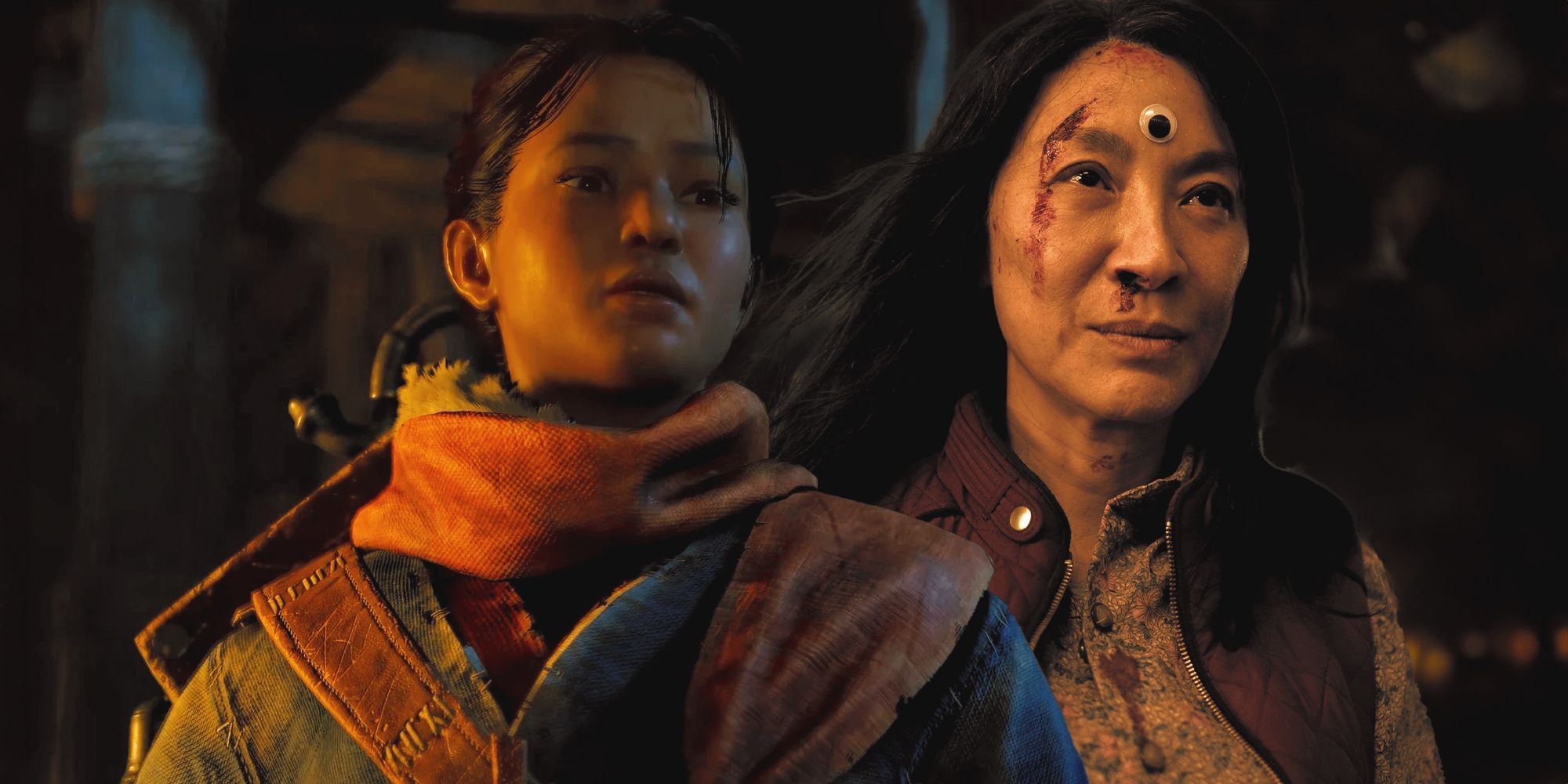Diablo 4's Act 1 Vhenard and Neyrelle Storyline Broke My Asian Heart

Diablo 4 has surprised me in many ways, not least because I’m actually enjoying it. I’ve been steadily working my way through the first three acts and I believe I’m close to reaching the midpoint. I refuse to fact-check this, because I’m avoiding spoilers like the plague. If you’re doing the same, it’s obviously best not to read this until you’ve finished Act 1 of Diablo 4.
Act 1 has you meeting a distressed girl called Neyrelle, whose mother, Vhenard, followed Lilith into a mining camp. She asks you to help, and you, accompanied by a Neyrelle and a Knight named Vigo, fight your way through the mines together. You eventually battle a dying Knight inside, who tells you that Lilith has led Vhenard deeper into the cave, and that you need to go and get help. Vigo agrees – Neyrelle does not. Vigo leaves, and you both continue deeper into the caves, until you finally find Vhenard, driven mad by Lilith’s influence and writing on the floor in her own blood. Neyrelle tries to reason with her, but they end up fighting, and you have to kill her.
Related: A Terrible FromSoftware Game Gave Me My First Gay Video Game Character
This isn’t the last we’ll hear of Vhenard, though. Later in the act, you’ll go back down to the caves where you found Vhenard in an attempt to cross the lake barring you from continuing your search for Lilith. Neyrelle tells you she has a plan, and begins a ritual so she can bring her mother back to life. It works! Kind of. Vhenard stumbles, unable to hold herself up. She tells her daughter that her body is now just a husk, and that Neyrelle has to let her go so her spirit can pass on. Heartbreakingly, as she dies for a second time, she says, “Neyrelle… you were so loved.”
This probably didn’t affect everybody as much as it did me, because Neyrelle and Vhenard are East Asian. I wasn’t sure, at first, given that my only evidence was a cutscene of Neyrelle in dim lighting, but hearing Vhenard’s voice for the first time reminded me of the way my own mother speaks English. As Vhenard told her daughter she loved her, I was immediately reminded of Everything Everywhere All at Once, another film with Asian characters that impacted me deeply. Vhenard’s accent sounded just like Michelle Yeoh’s, I realised, and both of them were Asian women who loved their children deeply.
Don’t worry, I’m not going to get into my mommy issues. But it did strike me that moments like these are exactly why representation in video games matters, even if race isn’t an important part of their story. To other players, this could have been just as impactful, telling a story about corruption, grief, and the trauma of being a young person and losing a loved one. But to me, it was something that, and something deeper. For the first time in a long time, I saw myself represented on the screen of a triple-A game, and it felt like studios were finally acknowledging people like me, but it also made my chest hurt. I realised just how much I’d been missing out because of the gaming industry’s long-standing resistance to diversity, a resistance that has only started to give way in the last few years. I’m glad it has, because looking at Neyrelle and Vhenard, I see what my own mother and I could have been in an alternate, terrible universe – two partners in crime, torn apart by forces beyond our control.
Next: Can We Have A Miles Morales-Style Spider-Gwen Game, Please Insomniac?













